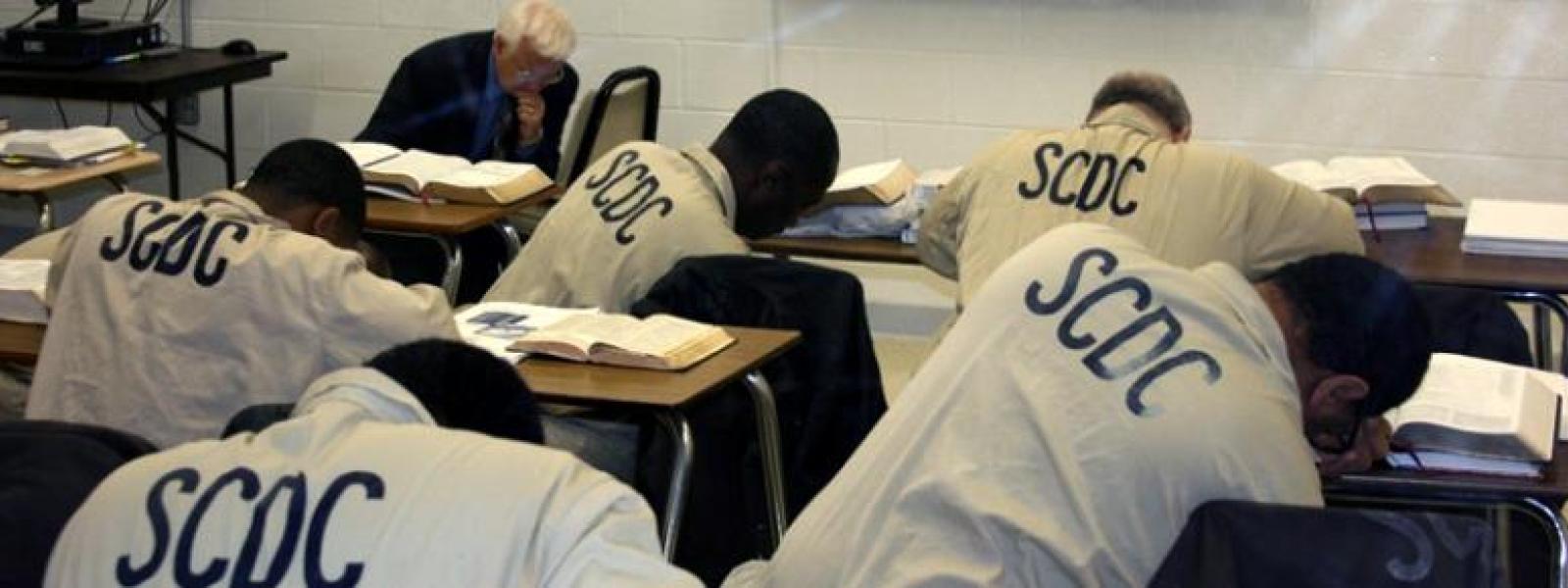Skip to main content
Facts & FAQ's

FACTS
- CIU Prison Initiative graduates receive an accredited Associates of Arts Degree (worth over $30,000)
- Through a similar program at Angola State Prison, officials noted that violence in their institution was reduced 40%.
- The CIU Prison Initiative currently has 45 alumni that have been paroled or maxed out. Each of them are employed and involved in a local church.
- There are 21 state prisons in South Carolina. There are approximately 20,000 inmates in the state prison system in South Carolina.
- Prison Initiative students have visited every inmate that has entered SCDC since 2007, visiting 30,000 annually and over 400,000 in total.
- Of these, 15,000 have professed faith in Christ, and 18,000 have rededicated their lives to the Lord prior to restrictions from COVID.
- Since the program begin in 2007, the CIU Prison Initiative program has graduated 169 students who are serving at 21 institutions around the state and one in Alabama.
FAQ’S
- What population group is to be served and approximately how many? Currently, the focus is on men in the South Carolina prison system. No preference is given regarding race or denomination. Because many of these men may have been already incarcerated for 20 years or more, no family support is expected or required.
- How does funding impact the program? Funding from churches, individuals and businesses goes toward providing full tuition for students, financial stipends for the faculty and staff, office expenses, as well as the cost of textbooks and classroom supplies.
- How is the program funded? The program is donor funded. The prison has provided space within the prison walls (two classrooms, a library and a computer lab) but all books, equipment, desks, etc. have been provided through the generous support of donors (individuals, businesses and churches).
- How often do students interact with faculty and staff at CIU? CIU Prison Initiative students interact with faculty, staff and volunteers five days a week (Monday through Friday). All classes are taught on-site. Small class sizes (no more than 15) allow for good class discussions and provide professors with the opportunity to get to know the students they are privileged to teach.
- How did the program begin? In 2004, SCDC (South Carolina Dept. of Corrections) approached CIU and asked us to partner with them to begin a program similar to the one at Angola State Prison in Louisiana. The program at Angola had been very successful and the leadership had seen significant impact in the lives of the men living at the Angola State Prison. Though it took several years, the first cohort of students arrived at Kirkland Correctional Institution in January 2007 to begin their studies.

